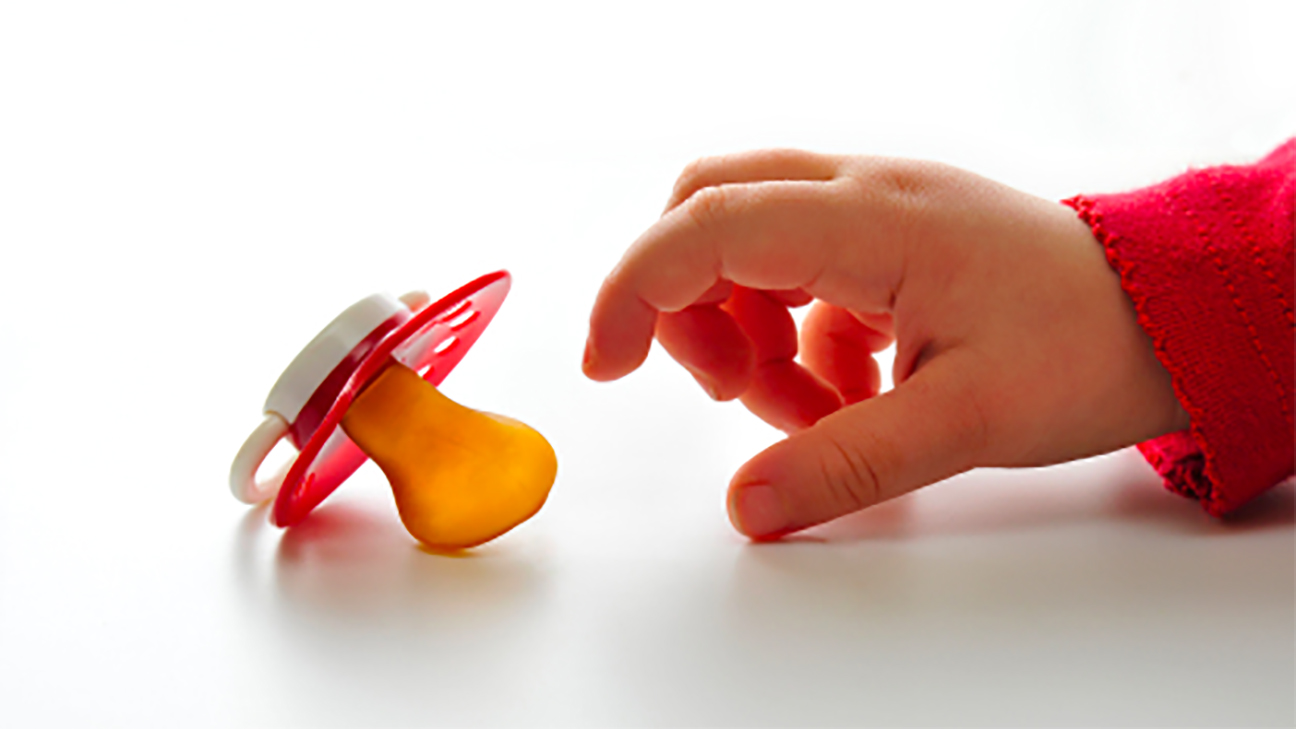How many times have you heard that the pacifier damages children’s teeth, don’t give it to them? The truth is that it is one of the most common myths among first-time parents, and one of the most frequent reasons for consulting specialists and pediatric dentists. As parents, we tend to give pacifiers to our new born children so that they have something to suckle on and prevent them from crying. These pacifiers give the children the same feel as if they are being breastfed. The problem arises when the child isn’t willing to give up the pacifier as he or she grows past the “pacifier-age.”

Even today there are many misconceptions about the pacifier and its withdrawal, which is worth analyzing so that our children can enjoy a healthy mouth at all stages of their development. Our pediatric dentists help you resolve any questions you have about it.
DEFORMITY OF TEETH
Recent studies by prestigious entities such as the General Dentistry magazine show that if the pacifier is removed in time it does not have to cause any damage to a child’s oral cavity. In fact, if it is removed between 2 and 3 years of age it can prevent its negative consequences and even reverse those that have occurred. Therefore, it is important that we let ourselves be advised by specialists to know when and how is the best time to remove a child’s pacifier.
TIPS FOR GETTING RID OF THE PACIFIER
The child has to live this process as something natural. Therefore, we cannot consider a sudden and traumatic withdrawal that makes you feel a loss. Opting for the story that a fictional character will leave you a gift in exchange for the pacifier is a good option. In fact, many parents perform this process during the Three Kings parade. We can also ‘lose’ the pacifier and not be able to recover it again, although the child can ask for another if he is very accustomed to the reflection of the suction. Of course, in no case can we include punishments in the process of leaving the pacifier. Other parents choose to make the experience of having the pacifier in their mouths no longer so pleasant, smearing the nipple with some unpleasant taste or pricking it so that the sensation of sucking is no longer the same. In older children, we can ask the pediatrician or pediatric dentist for help, to influence the child, explaining that he should no longer use it.

